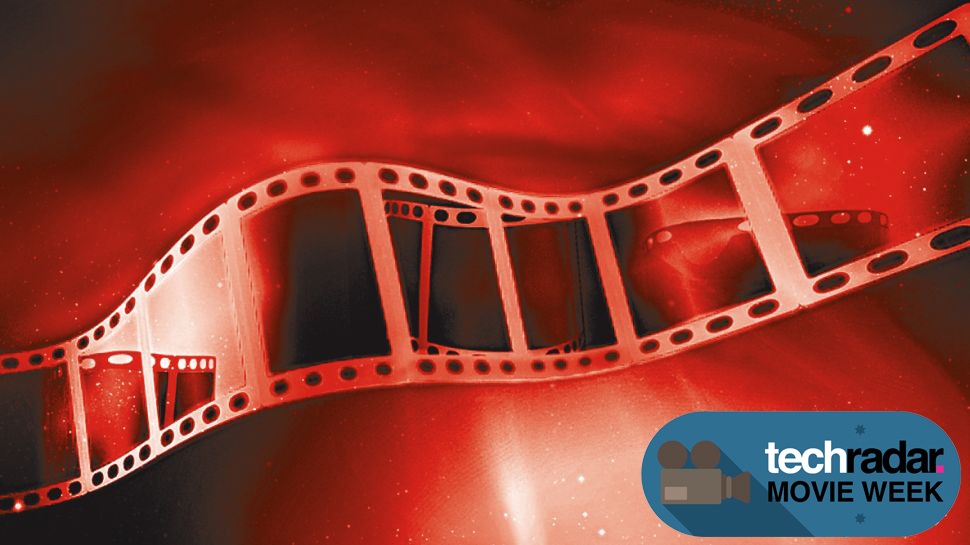Take stock: saving film is about preserving movies, not fighting against digital
Digital shouldn't mean the death of film

The rise of digital projection in movies marks one of the speediest changes in any industry. In fewer than 15 years we have seen a business that dealt purely in celluloid engulfed by ones and zeroes.
Digital has overtaken film projection the world over, with the promise of offering up cheaper ways to distribute movies complete with a crisp palette that is, arguably, on a par with film stock.
While many filmmakers have embraced this change, there's a minority that is battling against progression. This group isn't made up of indie filmmakers looking to get headline space but some of the biggest names in the business.
Quentin Tarantino, Christopher Nolan, Judd Apatow, JJ Abrams, Martin Scorsese... these are the filmmakers that hope to become stakeholders in Kodak film stock.
They have struck a deal to make sure Kodak film continues to be a viable option in making movies and made it their job to preserve the use of celluloid on the big screen.
Film fanatics
Most of the people on this list will come as no surprise to those who have been following the rise of digital filmmaking.
JJ Abrams proved to the the world the new Star Wars was his franchise when he announced he would be shooting Star Wars: Episode VII on film. Given that George Lucas was a poster boy for digital moviemaking throughout the making of Episodes I-III, this was a massive statement by Abrams.
Sign up for breaking news, reviews, opinion, top tech deals, and more.
Christopher Nolan has never used digital and it is doubtful he ever will. Preferring to push IMAX as his filmmaking tool of choice, Nolan is a staunch believer in film and rarely has a good word to say about digital.
Of the rest of the list, Martin Scorsese's inclusion is the most interesting. Scorsese has always been a proponent of shooting on film but went fully digital for his 3D movie Hugo. Then came Wolf Of Wall Street which was initially meant to be shot digitally but this changed in pre-production.
Wolf will always been seen as a turning point for digital, however, as it was the first movie distributed entirely digitally to theatres.
This delicate balancing act between using digital and film is highlighted further in his recent statement about joining the 'film for filmmakers' (my words) group.
"It seems like we're always being reminded that film is, after all, a business. But film is also an art form, and young people who are driven to make films should have access to the tools and materials that were the building blocks of that art form," writes Scorsese.
"Would anyone dream of telling young artists to throw away their paints and canvases because iPads are so much easier to carry? Of course not. In the history of motion pictures, only a minuscule percentage of the works comprising our art form was not shot on film."
Movie preservation society
Alongside Scorsese's view is another that believes that the push to save film stock is as much about preservation as it is about rallying against the new. Film vs digital is an easy headline to get behind, but this shouldn't be a 'whose side are you on?' debate. It should be something more.
There is a real worry in the industry that movies made on digital won't survive in the future because of the archival process. The fear is that digital is not a stable archiving system - data will have to be carefully transferred when a format is surpassed.
Film stock, on the other hand, has survived for over 100 years and if kept in the right way will survive a lot longer.
Most technological advancements do one of two things: simplify processes or cheapen processes. Neither of these are conducive when it comes to art.
As Scorsese says, making movies is an art form that shouldn't be restricted by the tools you use. So putting the future of film into the hands of the filmmakers is the boldest and best step to saving not just the format but the future of cinema.

Marc Chacksfield is the Editor In Chief, Shortlist.com at DC Thomson. He started out life as a movie writer for numerous (now defunct) magazines and soon found himself online - editing a gaggle of gadget sites, including TechRadar, Digital Camera World and Tom's Guide UK. At Shortlist you'll find him mostly writing about movies and tech, so no change there then.